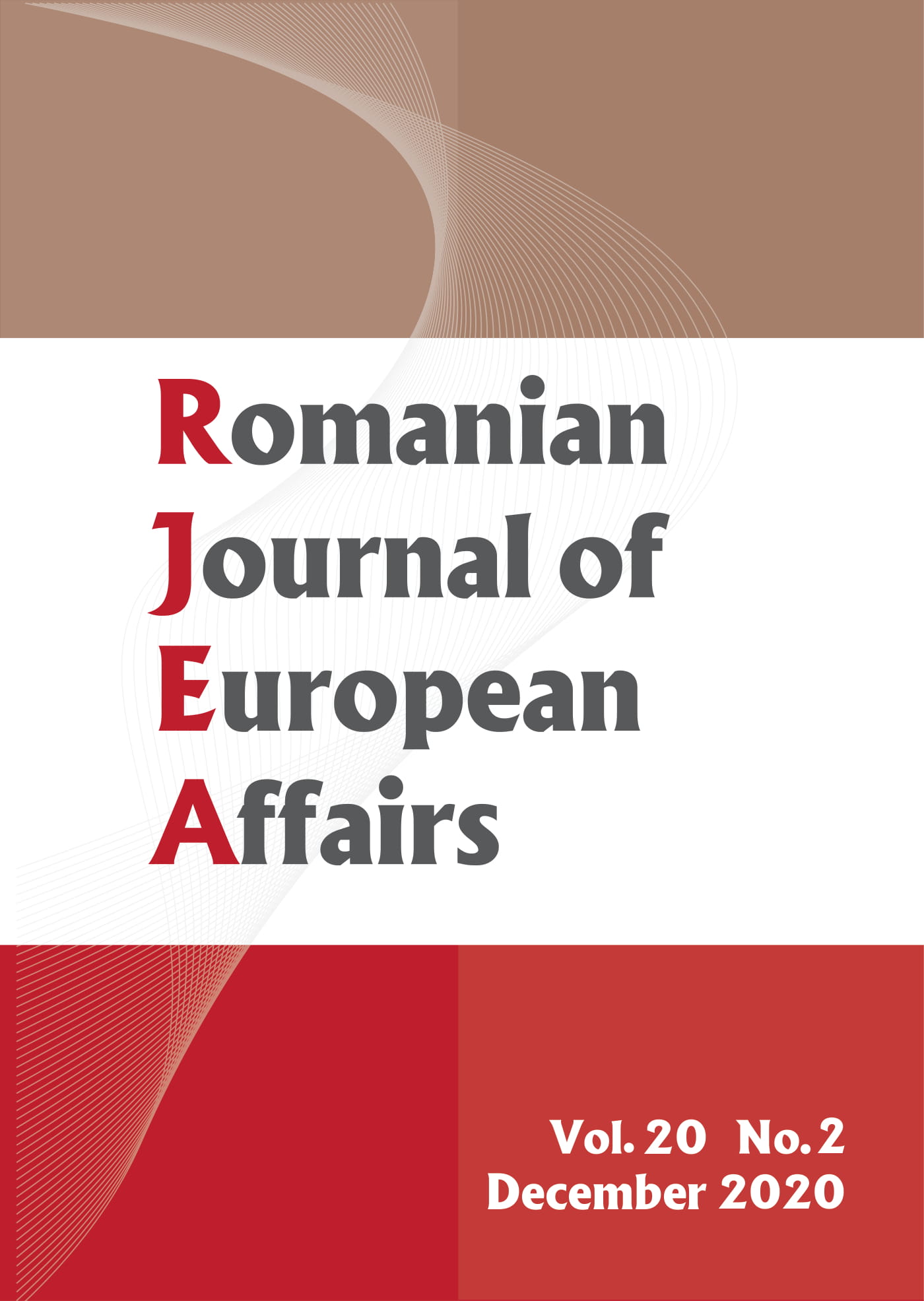European internal security interests and Brexit.
Legal and operational aspects of the post–Brexit
cooperation model
European internal security interests and Brexit.
Legal and operational aspects of the post–Brexit
cooperation model
Author(s): Ramon LoikSubject(s): Politics / Political Sciences, Politics, Social Sciences, Political Theory, Political Sciences, Governance
Published by: Institutul European din România
Keywords: EU; internal security; judicial co-operation; post-Brexit;
Summary/Abstract: The impact of Brexit is strategic. Several governmental institutions must redefine and revise their relations with the European Union (EU); and consider some critical resolutions to avoid prejudicial fragmentation in the post-Brexit security cooperation model. Focusing on internal security and law-enforcement co-ordination with the EU, the paper argues that the EU’s approach to future security partnerships reflects common concerns, such as the fight against terrorism and other types of trans-national organised crime. On the other hand, the United Kingdom (UK) will no longer be bound by the EU Charter of Fundamental Rights (CFR) after the Brexit transition period. This poses substantial challenges for the EU and the UK, concerning future agreements on judicial co-operation in cross-border policing and trans-national criminal investigations. From this perspective, it is vital to decide how the data exchange regime and operational collaboration between the British authorities and respective EU agencies are organised. It would be rational to expect that the UK will actively search for closer bilateral ties with several EU member states and potential new partners, to maintain its international position and cross-border security interests.
Journal: Romanian Journal of European Affairs
- Issue Year: 20/2020
- Issue No: 2
- Page Range: 5-17
- Page Count: 13
- Language: English

